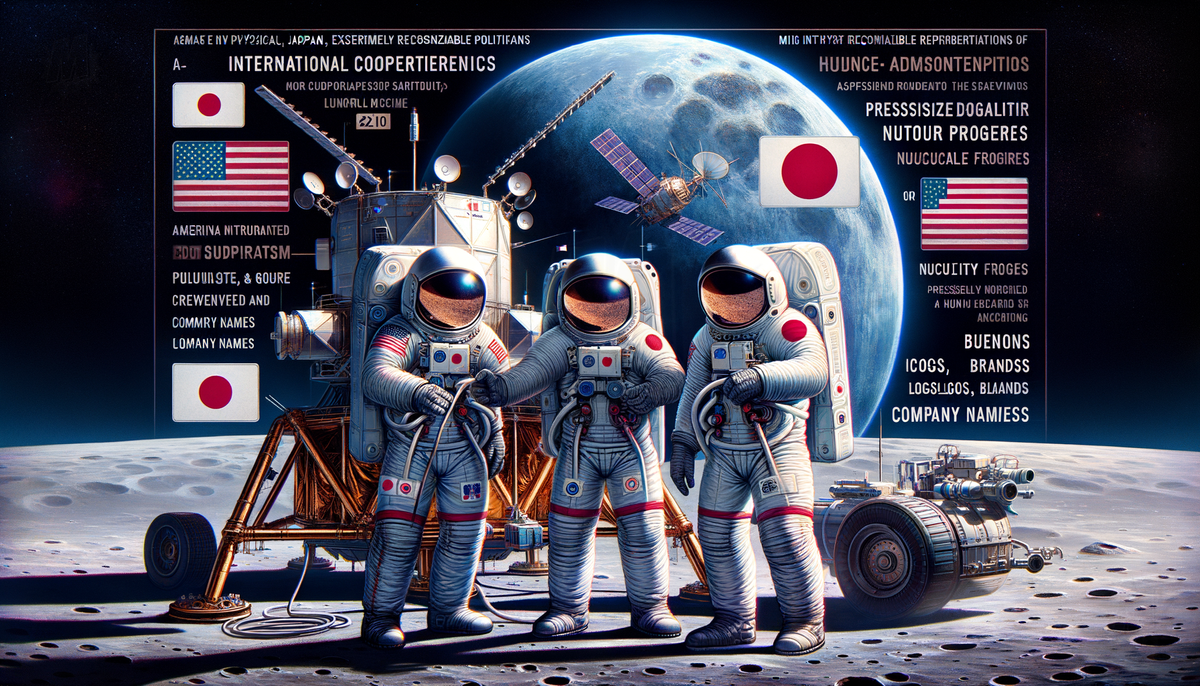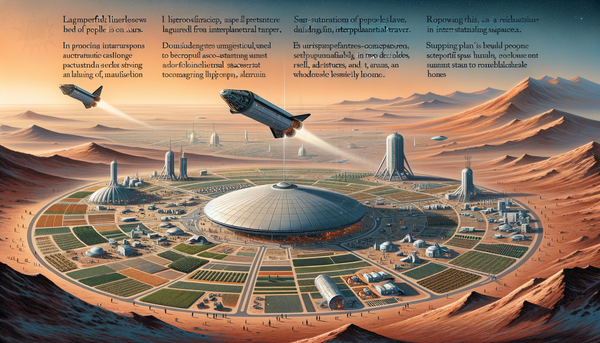US and Japan Boost Space Ties, Plan for Japanese Astronaut on Moon

The United States and Japan are enhancing their space collaboration under the Artemis program, with plans to send a Japanese astronaut to the moon. This development will mark the first time a non-American astronaut is part of a NASA lunar mission. The agreement, signed by NASA Administrator Bill Nelson and Japan's Minister of Education, Culture, Sports, Science and Technology Masahito Moriyama, also includes the development of a pressurized lunar rover by Japan. The rover, designed for both crewed and uncrewed missions, is intended to facilitate longer exploration periods on the lunar surface.
This collaboration was confirmed during Japanese Prime Minister Fumio Kishida's visit to Washington, where he met with President Joe Biden. The partnership aims to further joint activities in space science, Earth science, space operations, and exploration, among other areas. The Artemis program seeks to return astronauts to the Moon by 2026, with the broader goal of preparing for future Mars exploration. The agreement between the U.S. and Japan signifies a shared commitment to sustainable lunar exploration and highlights the strategic importance of international cooperation in space as nations prepare for the next era of lunar and interplanetary exploration.




